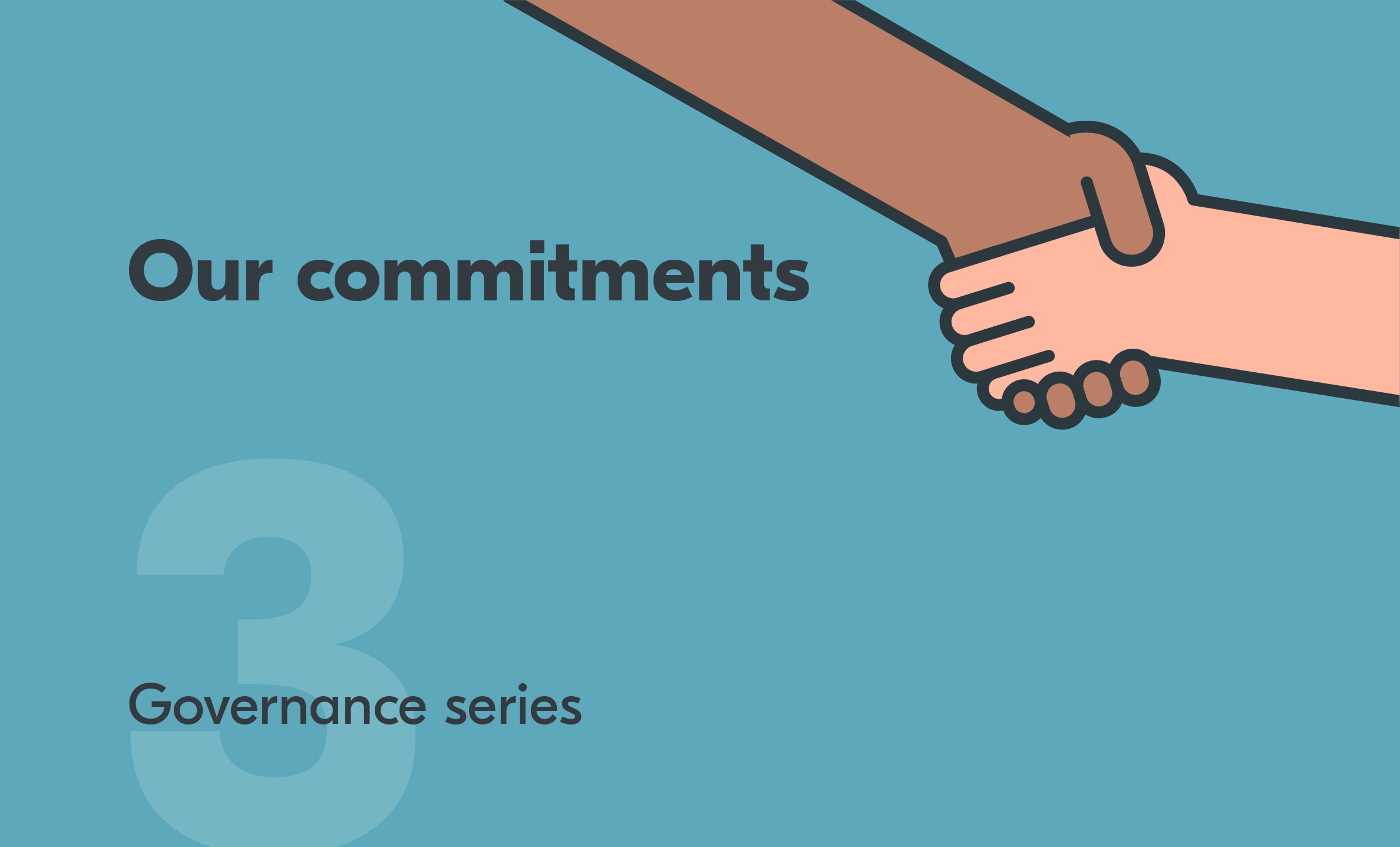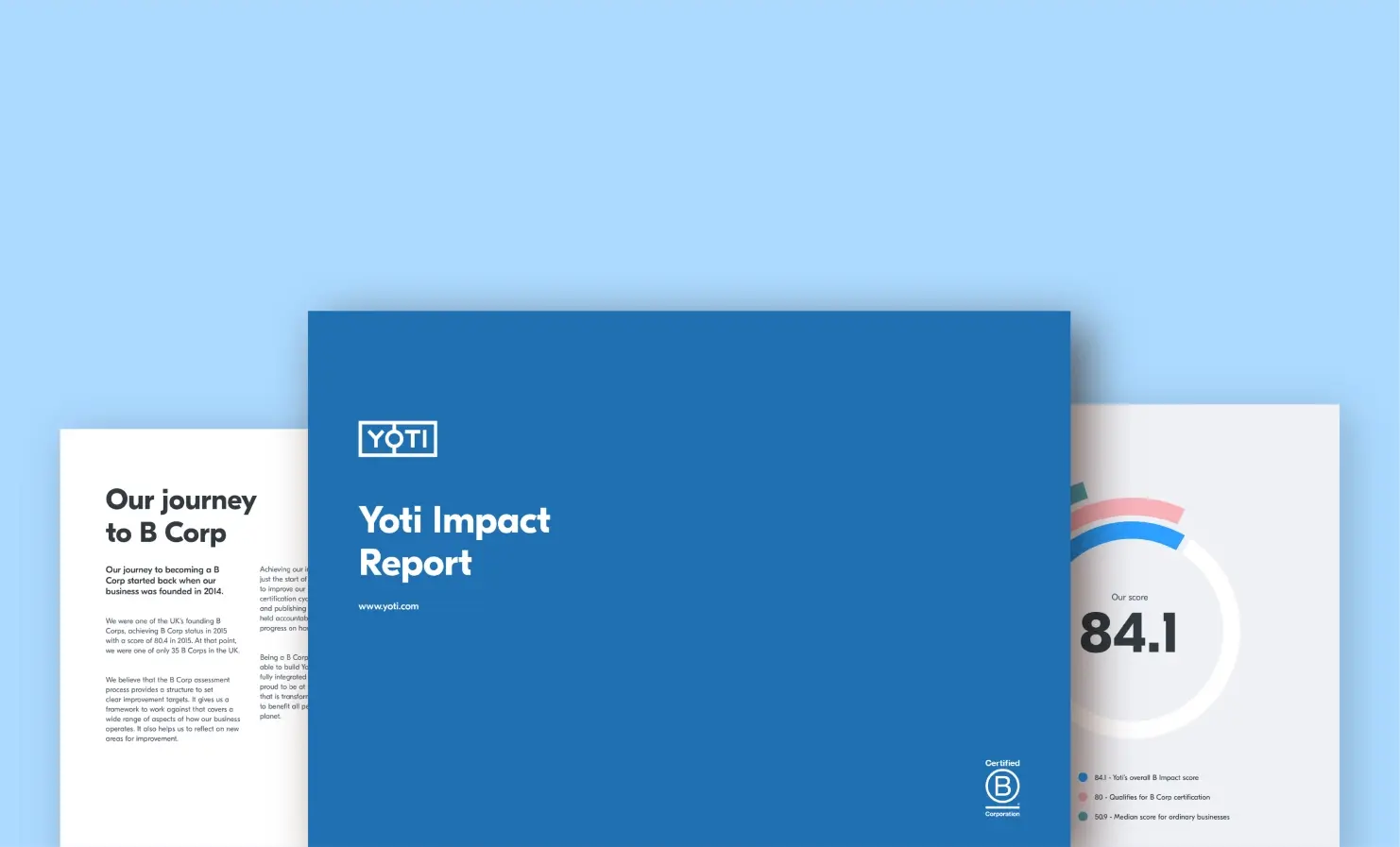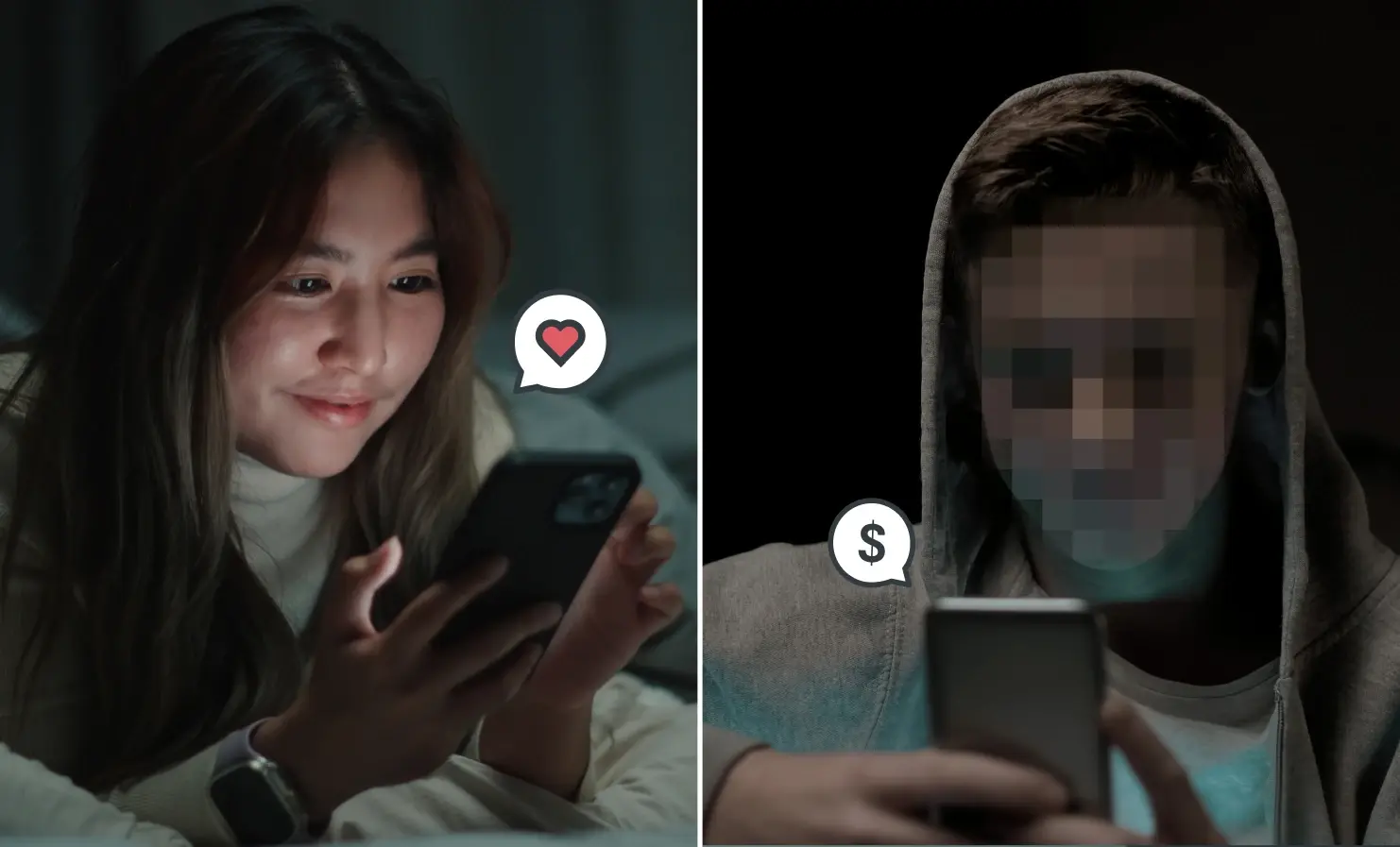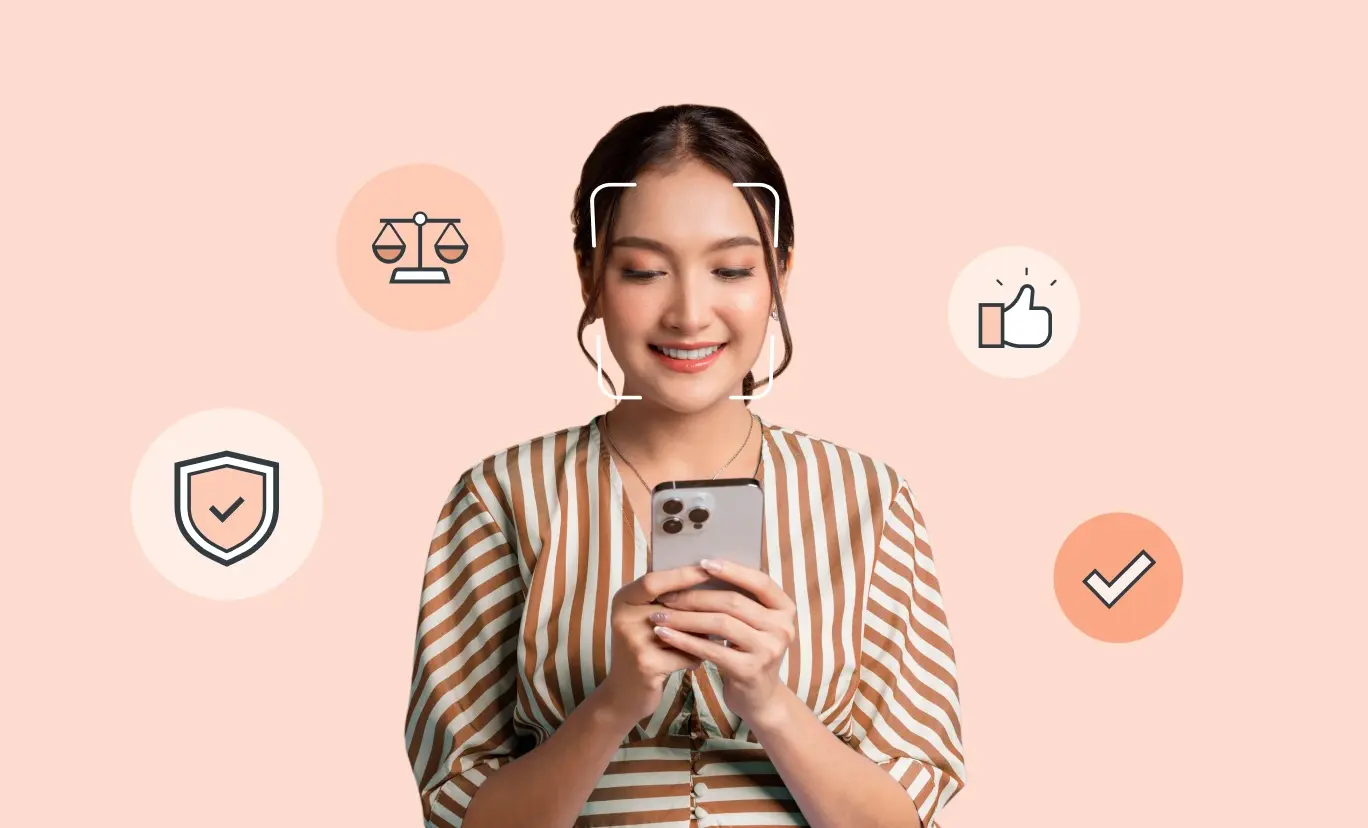
We’re on a mission to become the world’s trusted identity platform. Building trust means not only ensuring our technology is robust and secure, but doing the right thing as a company.
It’s easy enough to measure success against our own standards. But we know that to truly make a difference, we need to go further than that and look externally too. One way that we do this is through publicly committing to uphold frameworks and standards created by completely independent, third-party organisations.
This third and final part of our Governance series contains a snapshot of just some of the commitments we’ve signed up to:
Age Check Certification Scheme
Our technology is approved by the Age Check Certification Scheme, a UKAS-accredited conformity assessment body. It is comprised of independent auditors, certification specialists and data protection experts who test and certify systems that check age and identity. Technology approved by the scheme is internationally recognised as compliant with existing laws and regulations that look to safeguard young people.
Better Business Act
Alongside over 1,900 other UK businesses, we are members of the Better Business Act. As it stands according to UK law, the interests of a company’s shareholders do not align with those of wider society and the environment. This has contributed to a set of enormous challenges that threaten peoples’ health, wealth and the natural world. The Better Business Act aims to transform the way we all do business, so that every single company in the UK, whether big or small, takes ownership of its social and environmental impact.
BSI PAS 1296:2018
Developed by the British Standards Institute (BSI) and the Digital Policy Alliance (DPA), PAS 1296:2018 is a Code of Practice for Online Age Verification service providers. It provides recommendations for businesses on best practice and compliance in the age verification space. It addresses issues relating to privacy, security, usability, accessibility and data protection online. As it stands, we are currently the only Age Verification provider approved by the UK regulator (BBFC) and PAS 1296:2018.
Cifas (Cross Industry Fraud Prevention Service)
Cifas is a non-profit organisation leading the fight against fraud by sharing data and intelligence. Organisations are now more at risk from fraud than ever before and so the challenges they face to protect themselves and their customers against threats have never been greater. We are one of 600 members working with Cifas to help reduce instances of fraud and financial crime through being certified for information security management standards.
Employers Initiative on Domestic Abuse (EIDA)
Yoti is a member of the Employers Initiative on Domestic Abuse (EIDA); a network of 1,000+ employers in the UK who commit to taking action to support employees who are dealing with domestic abuse.
Fair Tax Mark
The Fair Tax Mark is a certification scheme recognising organisations that pay the right amount of corporation tax in the right place and at the right time. The growth of tax havens and unethical corporate tax conduct have become prominent concerns across the world and so companies that are awarded the Fair Tax Mark are required to have a transparent tax policy at the heart of their business.
Tech Talent Charter
We’re also a signatory to the Tech Talent Charter who bring together organisations to drive greater diversity and inclusion in technology roles. Its goal is for the UK tech ecosystem to be a diverse and inclusive community where people from all backgrounds are welcomed and valued for their contributions.
World Economic Forum Global Coalition for Digital Safety
We are a member of the Global Coalition for Digital Safety which aims to accelerate the fight against harmful content online. It brings together the public and private sector to exchange best practices for new online safety regulation, take coordinated action to reduce the risk of online harms, (particularly around the exploitation of children online) and drive forward collaboration on programs to enhance digital media literacy.
WeProtect Global Alliance
One of the key problems with the rapid expansion of the internet is the issue of child sexual exploitation and abuse online. We are part of the WeProtect Global Alliance, who provide a platform for members to tackle online sexual abuse at a global scale. The alliance addresses specific problems through collaboration and engagement with the goal of making the digital world safe and positive for children by preventing sexual abuse and long-term harm.
Beyond these, we have engaged and worked with:
- Age Verification Providers Association
- British Retail Consortium (Associate)
- Disability Confident employer scheme
- Family Online Safety Institute (FOSI)
- German Association for Voluntary Self-Regulation of Digital Media service providers (FSM)
- Online Safety Tech Industry Association
- Point de Contact (France)
- Sprite+ Project Partner
- Tech Coalition
- techUK
If you’d like to find out more about how we do things at Yoti, you can read about our ethical principles or our Guardian Council and Ethics & Trust Committee on our blog.



